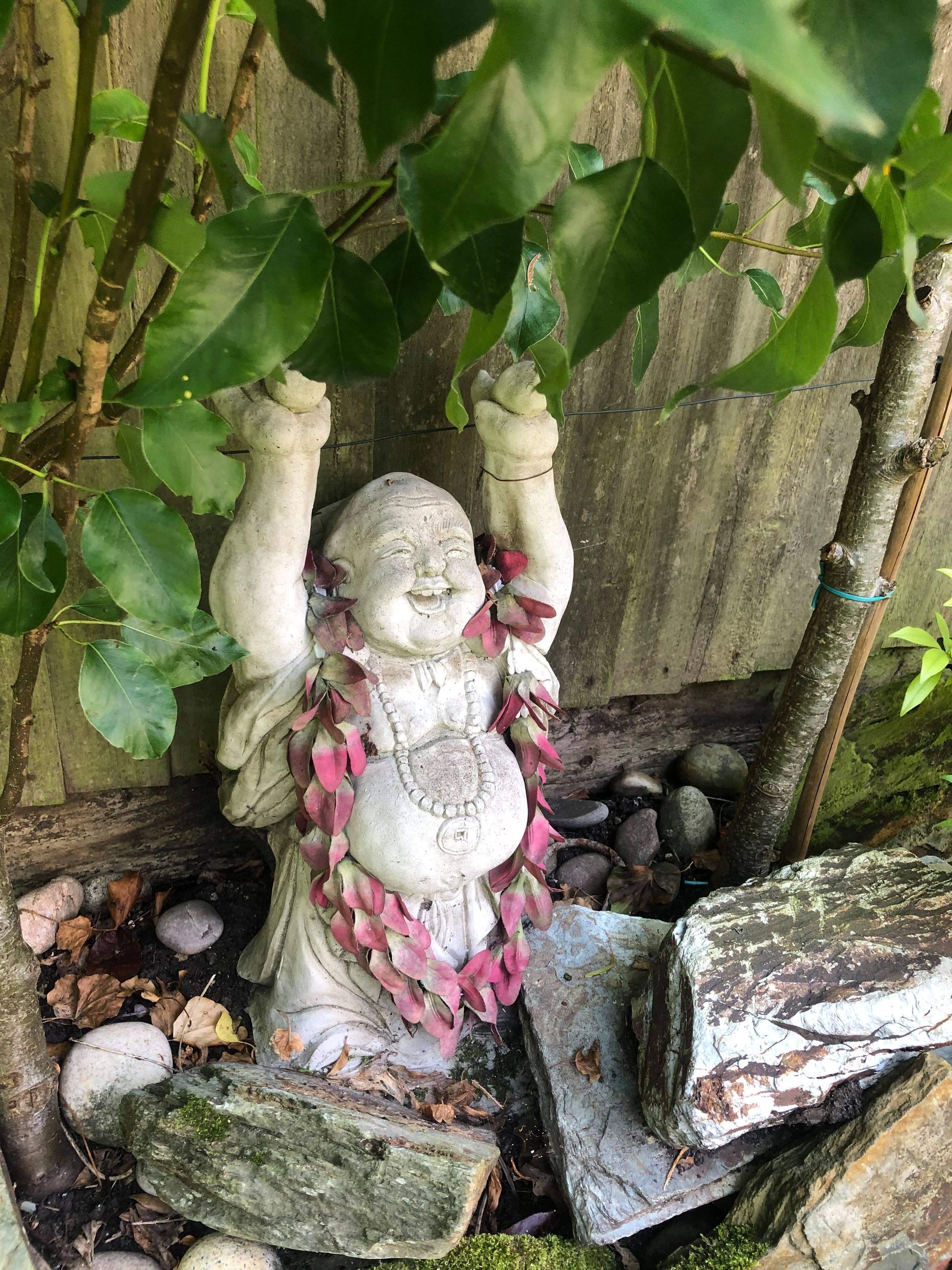By Louie Lang, Third Year, Philosophy
The Croft Magazine // Why is meditation such an effective practice? Louie Lang's investigates the effectiveness of meditation during isolation.
It is fairly well-established that meditation can have a tremendous impact on your mind and body. What is less often mentioned, however, is the explanation of how. How can something as simple as sitting still and maintaining awareness of your breath can work such wonders?

In my case, although I wholly trusted the many assurances that meditation would assist in restoring an inner peace and calm, these guarantees did little to motivate me to practice. Rather, the decisive moment was when I truly understood why meditation could be so beneficiary. So, instead of asking you to take my word for it, I will (hopefully) shed some light on the reasons underlying meditation’s remarkable power.
Perhaps the most fruitful aspect of practicing meditation is that it assists in stopping our compulsive thinking. As so many of us have experienced this year, with so much time spent alone in our rooms, our own thoughts can be deafening. I was filled with intense self criticism and reflection; not to mention endless, exhausting boredom.
Thankfully, meditation offers a direct practice for breaking this habit of aimless thinking. The most effective way to bring the mind to stillness is to concentrate solely on just one thing. Many of us will have unintentionally experienced this. Perhaps we have listened intently to the pattering rain outside and have been overcome by a feeling of peace and calm. It is the total awareness that leads to the cessation of our whirring thoughts. That is the essence of meditation. In fact, that is mediation.
It is possible to meditate on anything, but our own breath is recognised as the most dependable object for this meditation. When we sit still and become fully mindful of our in-breath and our out-breath, our mind begins to stop running into the past and future, instead resting mindfully and contently in the now. Just as thinking can cultivate negative feelings, its absence leads to a certain serenity. The aim, of course, is not just to prevent these thoughts during meditation, but to remove the habit in our daily lives.
Meditation also brings about contentment by limiting our desire of what we don’t have, in turn inciting an appreciation of what we do have. This is crucial for our peace. Zen master Thich Nhat Hanh warns us that ‘restlessness is the disease of our times’, a feeling that is epitomised by a craving for something more. The catch, of course, as I have experienced all too often, is that the more you search for this “something” in external consumption, the more restless you become.
So, the cure for this agitated boredom is not to find something to do – at best this provides only temporary relief. The way to relieve restlessness is, in fact, is to do nothing at all. Meditation, by bringing the mind and body to a complete stop, teaches us to stop chasing after unnecessary objects of our desire. Our constant need for that elusive “something” can be relinquished by just stopping. When our mind stops, our craving stops with it. We then naturally realise that there is nowhere else we need to be, nothing else we ought to do, and that we have everything we need right here and now. Our breath, our body and our surroundings have the genuine capacity to make us joyful – the missing piece is just to be mindful of these miracles. Practicing meditation allows us to cultivate this awareness.
Meditating on negative emotions has the capacity to heal and transform them. Whenever we are overcome by a negative feeling, (which during lock down I like so many was guilty of succumbing to) I resorted to covering it up by watching/doing something to distract us from the unwanted feeling. Predictably, this never worked.
If we feel anger, frustration or jealousy within ourselves, we need to take care of the feeling with the degree of urgency that it warrants. Just being completely aware of a particular emotion can work wonders. This does not mean to analyse and judge the feeling with critical thought, just simply to become wholly aware of the emotion, perhaps even to smile at it. Emotions gain strength when they are suppressed, but the opposite is also true.
Wellbeing webinar: improved brain function via meditation
When I was trapped in my room, it felt amazing not to allow my feelings to have such control over me. When meditative concentration is applied to a negative feeling, this feeling looses strength. It runs its natural course and eventually fades away, just as every strong emotion does.
Featured image: Epigram / Louie Lang
Any self care hacks of your own? Let us know!









